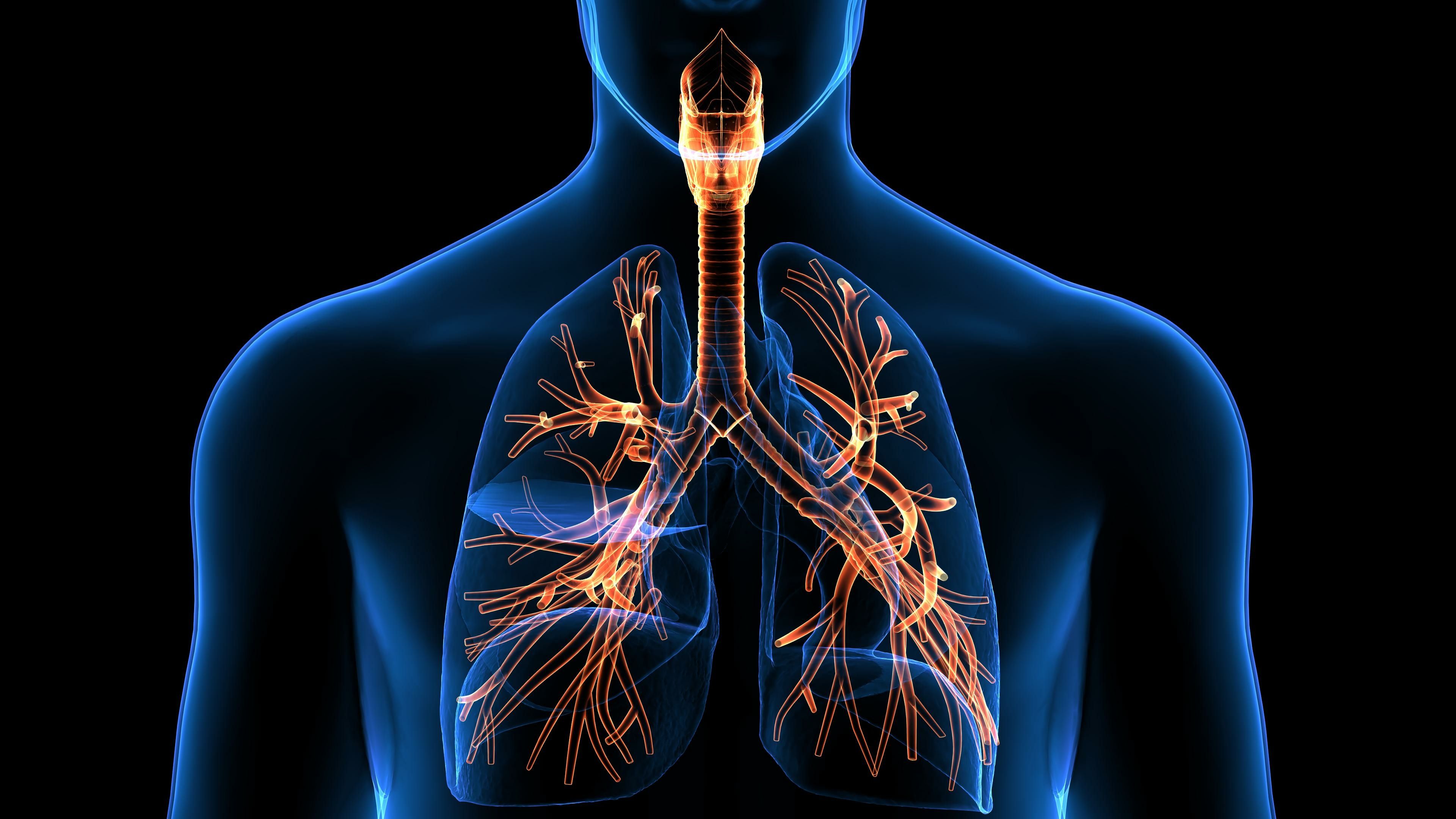- Center on Health Equity & Access
- Clinical
- Health Care Cost
- Health Care Delivery
- Insurance
- Policy
- Technology
- Value-Based Care
CRC Incidence Risk Associated With Changes in Cardiorespiratory Fitness
Changes in cardiorespiratory fitness from youth to adulthood was associated with colorectal cancer (CRC) incidence risk.
Improving cardiorespiratory fitness (CRF) could be a major way to reduce risk of colorectal cancer (CRC) according to a study published in Cancer Medicine.1 Changes in CRF from youth to adulthood were found to be related to the risk of CRC overall.
CRC remains 1 of the most common cancers in the world and is the second leading cause of cancer death globally,2 which has long-term economic consequences. High levels of CRF have previously been found to be associated with reducing the risk of cancer mortality and incidence. However, previous studies have only focused on cancer incidence and mortality generally. This study aimed to assess whether changes in CRF and risk of CRC had an inverse association.
Cardiorespiratory fitness has an inverse association with incidence of CRC | Image credit: PIC4U - stock.adobe.com

This study used data from military conscription assessments in Sweden conducted between 1972 and 2005. All participants were between the ages of 16 and 29 initially with occupational health assessments conducted in adulthood. Data obtained included CRF, muscle strength, cognitive function, and mental health. A cycle ergometer test was used to measure CRF using maximal aerobic workload measured in units of Watts. Absolute estimated maximal oxygen consumption (VO2max) and relative VO2max were used to assess CRF.
Cancer diagnoses were obtained through the Swedish National Patient Register and the National Cause of Death Register. All participants were followed from their health assessment through to their death, their diagnosis of CRC, or through December 31, 2021. Level of education, cardiovascular disease, body mass index, and smoking were all data collected for the study.
There were 139,764 men included in the study who had a mean (SD) age of 18 (0.6) years at conscription and 43 (8.9) years at their health profile assessment (HPA). The average relative VO2max was 47.47 mL/kg–1/min–1 at conscription and 36.47 mL/kg-1/min-1 at HPA whereas the average absolute VO2max was 3.29 L/min–1 at conscription and 3.10 L/min–1 at HPA.
Both relative and absolute VO2max were inversely associated with incidence of CRC at conscription whereas only relative VO2max was inversely associated with the incidence of CRC at HPA. Incidence of CRC was inversely associated with a change in VO2max, with HRs ranging from 0.82 (95% CI, 0.73-0.92) to 0.88 (95% CI, 0.79-0.99). Men were also grouped into tertials based on levels of CRF, which found that those in the lowest (HR, 0.83; 95% CI, 0.69-0.99) and moderate level (HR, 0.82; 95% CI, 0.68-0.98) were the only ones with inverse associations to incidence of CRC.
There were some limitations to this study. There were 2 different fitness tests used to measure CRF at different times. Selection bias is possible due to all participants being employed and all participants being more fit due to all participants being conscripted.
The researchers concluded that change in CRF was inversely associated with the risk of CRC in a cohort of Swedish men. Future studies should focus on bigger cohorts with longer periods for follow-up. However, CRF has the potential to be a risk reduction strategy for preventing incidence of CRC.
References
- Bojsen-Møller E, Bolam KA, Väisänen D, et al. Change in cardiorespiratory fitness and the risk of colorectal and prostate cancer incidence in men. Cancer Med. 2024;13:e70430. doi:10.1002/cam4.70430
- Colorectal cancer: key facts. World Health Organization. July 11, 2023. Accessed December 2, 2024. https://www.who.int/news-room/fact-sheets/detail/colorectal-cancer
